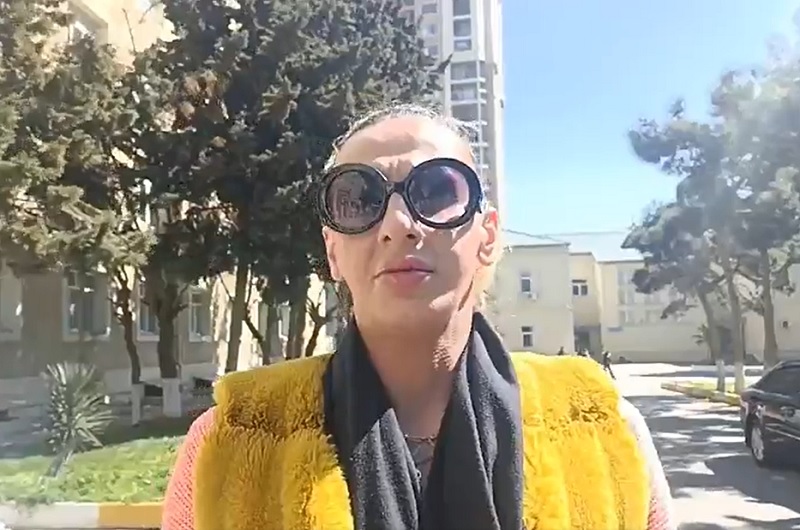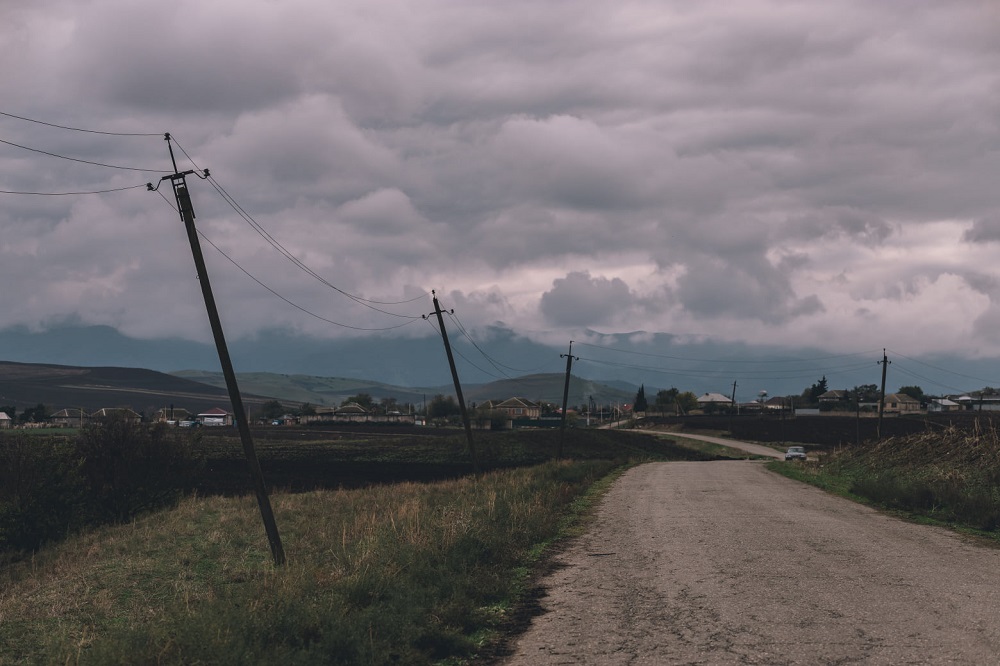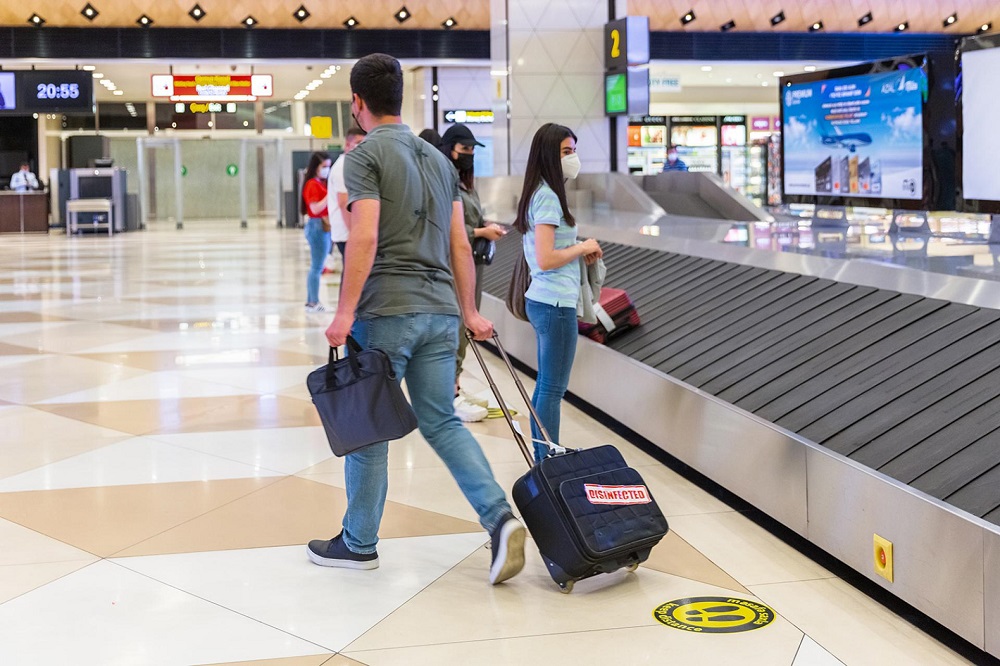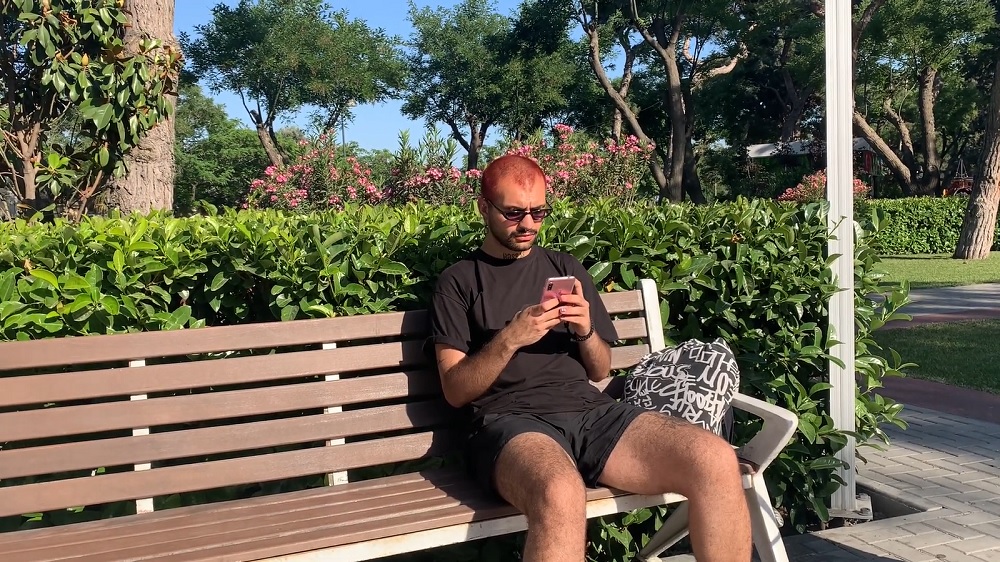“I was sold for 500 manats” - The fate of transgender people in Azerbaijani prisons
Transgender people in Azerbaijani prisons
“My very first day in prison, I was forcibly sold for 500 manats [about $300]. I wasn’t even aware of it. The prison worker to whom I was sold took me to a room and I thought that I had been given a place to stay. There I experienced a lot of evil. I cried all day, thinking what kind of laws are these, how do I deserve this?”
A trans woman, Aidan Pashayeva (she was known in prison by the pseudonym Champlain), who served her sentence in a correctional facility, says that transgender people are not treated as people in prison, they are sold as prostitutes and treated like currency.
- Inaccurate mental disorder diagnoses and other problems LGBTI+ faces in Azerbaijan
- US State Dep. report : No alternative to military service for conscientious objectors in Azerbaijan
- Baku cinema features local film about LGBTQI+ for the first time in Azerbaijan
The law divides prisoners into just men and women
According to Azerbaijani legislation, prisoners are placed in cells by age, sex, past incarceration, and health status. Article 5.11.1 of the Azerbaijani prison code states that men and women must be held separately. But there are no provisions on the placement of transgender people.
Lawyer Zibeyda Sadigova notes that for LGBTI+, being in prison is basically torture:
“These people are already subjected to abnormal treatment in society, imagine what it is like for them to find themselves in prison, closed off from society.
“The trans women I defended complained that they were kept in cells with men. Two to three trans women and about ten men in one cell.
“A man does not communicate with trans women in any way; they are not even allowed to wash dishes. Changing clothes in such conditions, using the toilet and shower is very difficult for transgender people. This is additional trauma for them. They are humiliated, they are mocked.
“My transgender clients repeatedly complained about such treatment to the courts, the ombudsman, the prosecutor’s office, and informed them about what was happening. But there is still no protocol that would regulate and simplify their situation. They are not even transferred to a separate cell to live together, apart from others.”
Story of Aidan
“We were already tired of living. And we were tortured so much we just wanted to kill ourselves. I was sold into various departments and raped. And when we did not agree, they locked us in a punishment cell.

“To get out of the punishment cell, one had to pay 100 manats [about $60]. was in a very bad state. I was afraid they would kill me. Not just me, but all trans women. They could not express themselves, and to whom can a prisoner complain? I complained to parents when they visited, and they conveyed our message to the head of the prison. He just shrugged it all off, saying that your children are guilty, they are serving their sentences.”
Aidan says that one day she decided to take her own life by drinking bleach. According to her, she was not even given medical assistance; she was simply forced to drink a lot of water.
“That night they decided to punish me and again locked me in a punishment cell, but they also chained me up. What does it mean to chain a person?! Four chains for the legs, and four more for the arms. I was literally strapped to the bed with no bedding. We were humiliated. Is it wrong to be transgender?!” Aidan says, outraged.
According to Aidan, along with the fact that transgender people are subjected to humiliation and violence in prison, they are also forced to work in the dirtiest and most difficult jobs (cleaning sewers and latrines), but receive only a fraction of their salary.
“They paid only two hours of an eight-hour working day, the boss took the rest. He embezzled the salaries of the prisoners,” says Aidan.
“They shave your hair if you’re a man in the documents”
Feminist Gulnara Mehdiyeva is familiar with cases of violence experienced by transgender people in correctional institutions. She says there are no statistics on transgender people held in local prisons. The government is not working on it.
“I repeatedly tried to find out from the community about the situation of LGBTQ former prisoners. All their statements are similar. It is said that in prison, gays and transgender people are considered a lower caste. Physical intimacy with them is not welcome, you cannot say hello, sit and eat together.
“More information came to me after the mass arrests in 2017. At that time, members of the community were treated particularly cruelly, their heads were forcibly shaved, they were subjected to sexual violence.
Shaving hair during imprisonment is always relevant. If a trans woman is listed as male on the document, her hair is shaved off. A few months ago, for one of the trans women serving an administrative sentence, we had to make a special request for her not to have her hair shaved.”
The gender activist notes that there is no protocol regarding the placement of transgender people in Azerbaijani prisons, and that it is actually a worldwide problem.
According to Mehdiyeva, laws of this sort have been developed in the US and the UK. But these laws are also not perfect, or their application raises additional problems.
“Conditions in Azerbaijani prisons do not meet international standards”
Lawyer Samad Rahimli believes that the conditions in Azerbaijani prisons do not meet international standards. The attitude of correctional officers towards the prisoners is beyond standards. Rude treatment, torture, humiliation, bribes, corruption – according Rahimi, this is all part of the system.
“The attitude towards LGBTQI+ and transgender people is doubly worse. Gays can save themselves somewhere by trying to become “invisible”, but the chance of that for transgender people is quite minimal. On the one hand, they are mistreated by prison staff, and on the other hand, other prisoners attack transgender people and humiliate their dignity.
“They try to keep transgender people together. But where they end up in most cases is worse than that of other prisoners.
“Gay and transgender people given the worst and most offensive jobs. They are constantly exploited. They’re threatened that if they disobey, they will be hand over to other prisoners to be raped, to be beaten up. But if they obey, they will be protected.
“Transgender people are exposed and filmed. I would note that if a transgender person has not gone through a gender matching operation, or has not changed his documents, his hair is shaved,” Rahimli says about cases he has encountered in his practice.
In his opinion, European penitentiary rules should be obligatory in Azerbaijan as well. These rules provide measures against discrimination and would be critical in protecting transgender people in Azerbaijani prisons.
“These are general standards, not detailed. But it states that prisoners cannot be subjected to degrading treatment. In addition, measures to prevent discrimination against the LGBTI+ community should be taken by the prisons. For example, queer people must be protected from other prisoners; their security must be ensured, and they should not be exploited. But at the same time, they should not be isolated from other prisoners. Integration must be attempted. Measures must be taken to prevent isolation and violation of their psychological health,” the lawyer added.
Transgender people in Azerbaijani prisons





















